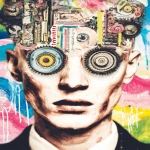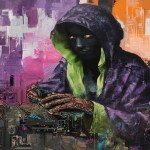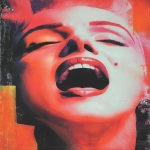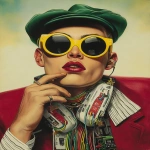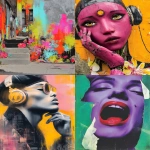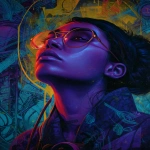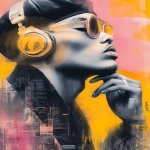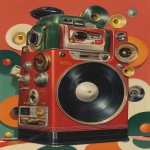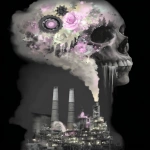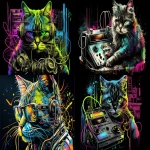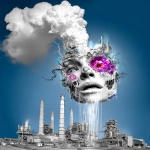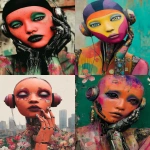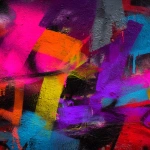Explore the Best AI Image Gallery

AI Image Generators: Reshaping the Creative Landscape
The realm of digital art is undergoing a seismic shift with the emergence of powerful AI image generators. These sophisticated tools, capable of producing stunning visuals from text prompts, are revolutionizing how we create, consume, and interact with imagery. From concept art to marketing materials, AI-generated images are finding applications across diverse industries. This blog post delves into the multifaceted impact of these innovative tools on the creative landscape, exploring their potential uses, ethical considerations, and future trends.
The Potential of AI Image Generators
AI image generators offer a plethora of possibilities for both professional creatives and individuals alike:
- Accelerated Concept Development: Artists and designers can quickly iterate through various visual concepts, exploring different styles, compositions, and aesthetics with ease.
- Democratization of Art Creation: Individuals without formal artistic training can now generate compelling visuals, fostering greater accessibility to the creative process.
- Enhanced Marketing and Advertising: Businesses can leverage AI-generated images to create unique and captivating marketing materials, personalize campaigns, and enhance brand identity.
- Immersive Experiences: AI can contribute to the development of interactive narratives, virtual worlds, and augmented reality experiences by generating dynamic and responsive visuals.
Ethical Considerations
While AI image generators present exciting opportunities, their rapid advancement raises several ethical concerns:
- Copyright and Ownership: Questions arise regarding the ownership of AI-generated artwork, blurring the lines between human creativity and machine output.
- Bias and Representation: AI algorithms are trained on vast datasets, which may contain inherent biases that reflect societal stereotypes or prejudices. This can result in the generation of imagery that perpetuates harmful representations.
- Misinformation and Deepfakes: The ability to create realistic but fabricated images raises concerns about the potential for misuse in spreading misinformation or creating convincing deepfakes.
Navigating the Future
As AI image generators continue to evolve, it is crucial to establish guidelines and best practices to ensure responsible development and deployment. Collaboration between artists, technologists, ethicists, and policymakers will be essential in shaping a future where AI technology empowers creativity while mitigating potential risks.
Several trends are likely to shape the future of AI image generation:
- Increased Personalization: AI tools will become more adept at understanding individual preferences and generating customized visuals that align with specific tastes and styles.
- Enhanced Interactivity: AI-generated images will become more dynamic and responsive, allowing users to interact with and manipulate them in real time.
- Integration with Other Technologies: AI image generators will seamlessly integrate with other technologies, such as virtual reality, augmented reality, and blockchain, creating new possibilities for creative expression and ownership.
Conclusion
AI image generators are poised to revolutionize the creative industry, offering unprecedented opportunities for innovation and artistic exploration. By embracing these advancements while addressing ethical concerns, we can harness the power of AI to unlock new frontiers in creativity and shape a future where technology empowers human imagination.

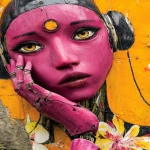
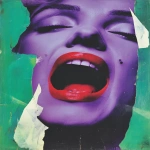
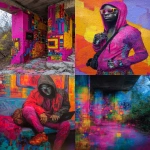
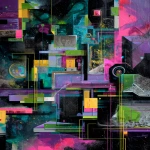
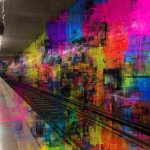
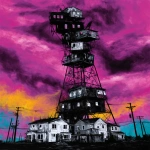
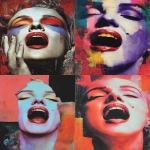
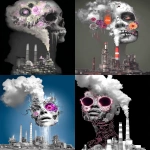
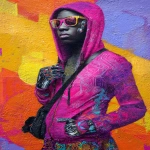
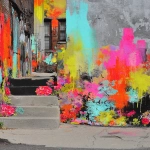
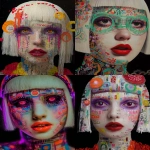
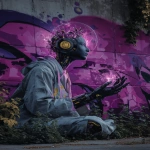
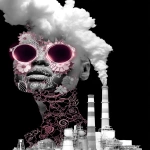
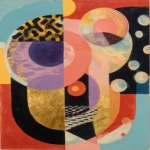
](https://images.ai-img.art/thumbnails/150/664a559b73eaff070d6f7fc7b3b151718aef9fa3a3f12f90b3c9092ceaa3cb56.webp)
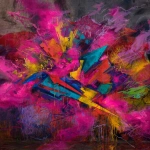
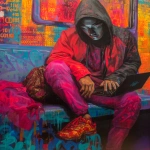
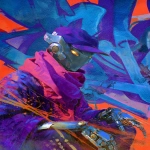
](https://images.ai-img.art/thumbnails/150/33d5e6d1da2b8ec2c4b8eab20d051c27c26d7a4991a77faf06fd03e96617fb1e.webp)
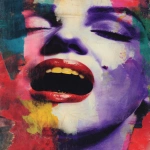
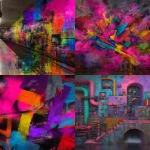
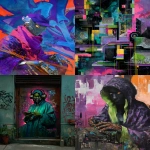
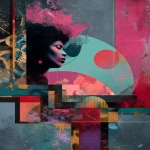
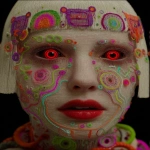
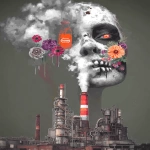
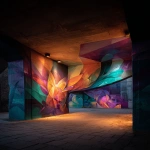
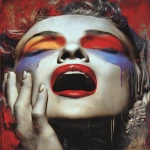
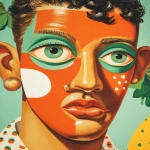
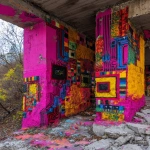
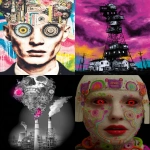
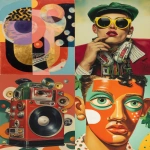
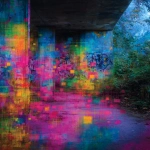
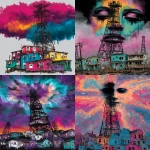
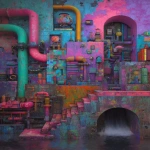
](https://images.ai-img.art/thumbnails/150/1aa8215ea9a4f6970e81a10bdb4feb3b08d5e1a202c3c7ed2c9380f2f63d5a74.webp)
